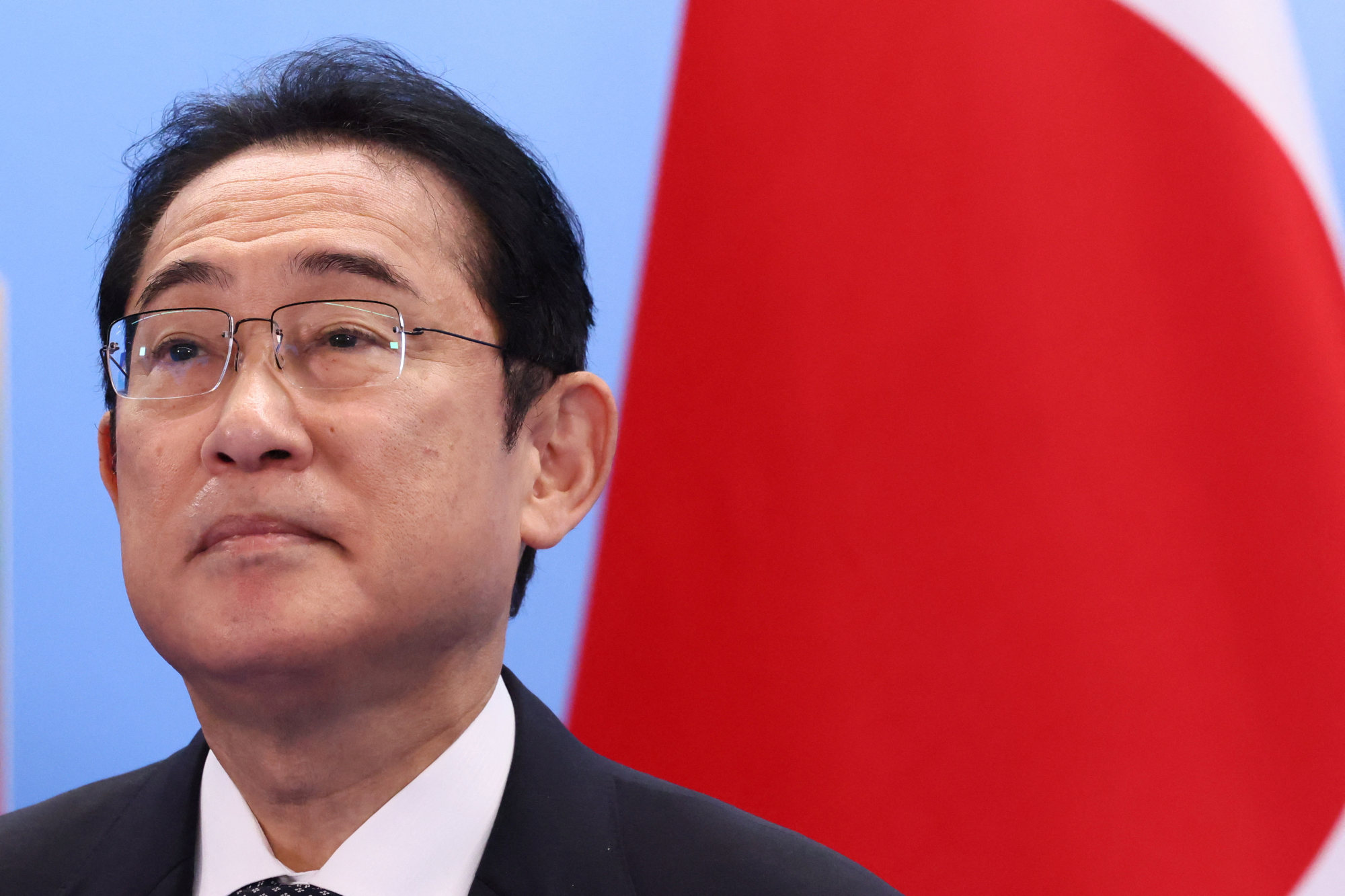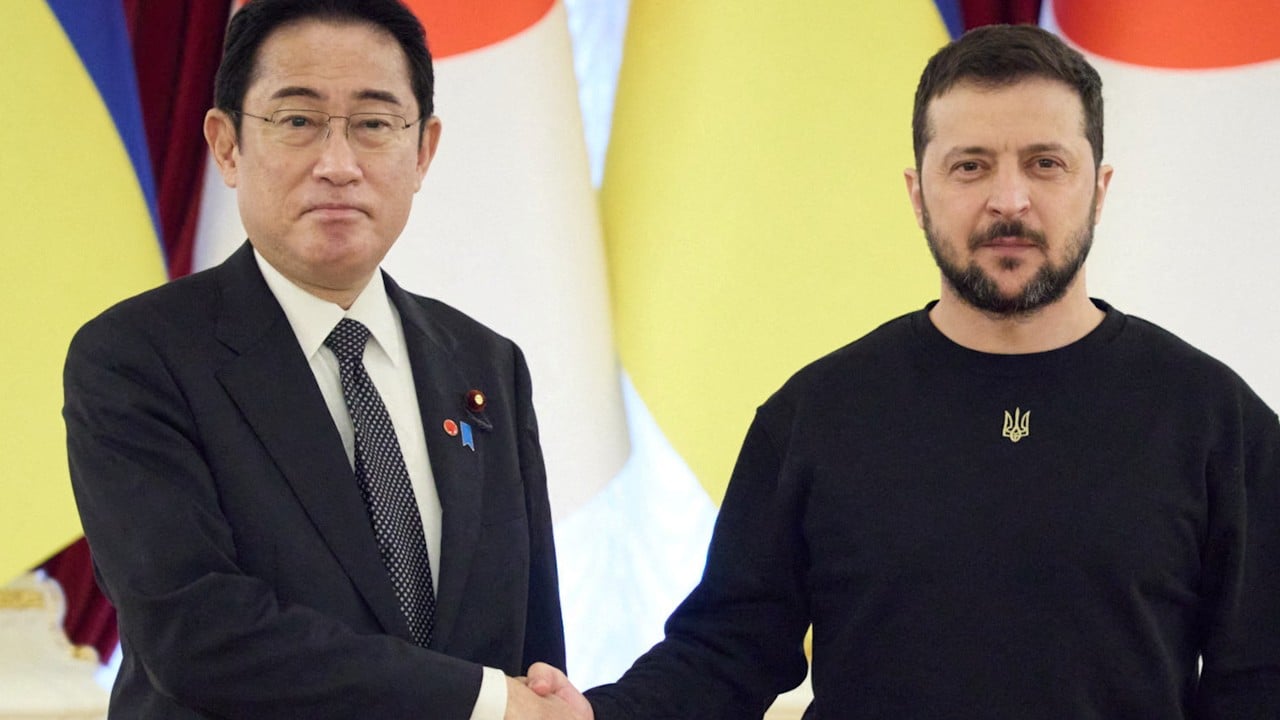
Japan seeks to ease arms export rules in bid to be ‘good actor’ in Ukraine war
- PM Kishida is pushing to overcome restrictions around the defence sales to help maintain the ‘liberal international order’
- The effort comes as polls indicate most Japanese do not support exporting lethal weaponry
Kishida on Tuesday addressed a panel of his Liberal Democratic Party (LDP) and Komeito, its smaller partner in the government, to consider supplying defence equipment and technology to other countries.
Significantly, however, the position of Japanese governments for the last 55 years has never been a firm law, but merely guidelines.
The two-party panel was due to hold more discussions in the autumn, but Kishida has asked members to resume talks immediately.
[Kishida will have] a deep respect for the liberal international order
Kishida noted that Japanese firms have been moving away from the defence sector as the export ban has made research and development unprofitable. Lifting the ban could make Japanese defence technology more attractive, bringing in a tax windfall while creating jobs and reducing the nation’s reliance on expensive defence imports.
“Japan has something of a debt to pay off through its international contributions, and that has been brought into sharp focus by Ukraine,” he said.
By providing weapons to Ukraine, Kishida wants to show Japan “is a good actor internationally”, he added.
And while the LDP has sufficient votes in the Diet to make the decision on its own, Kishida remains keen to minimise any criticism, and show the public that he is working with his partners.
“It’s not really a question of numbers of votes, it is more a case of Kishida wanting to harmonise the coalition, to make sure it remains a functioning alliance,” said Ryo Hinata-Yamaguchi, an assistant professor of international relations at the University of Tokyo.
And while Hinata-Yamaguchi believes Kishida will eventually get the response he wants from the coalition, there are still many hurdles to overcome, he said.

The first concerns self-imposed constraints and how overriding those principles will be received by the public. A weekend poll conducted by the Mainichi newspaper found that 48 per cent of Japanese are opposed to the country exporting lethal weaponry, while 32 per cent are in favour. Significantly, a majority of Komeito voters were opposed.
And while a prime minister with solid approval ratings would be able to largely overlook domestic resistance on an issue such as weapons exports, Kishida does not have that luxury. In the most recent poll released on Monday, his support had fallen nearly 20 percentage points over the last month and sits at just 28 per cent.
The second problem faced by domestic defence contractors will be the relatively high prices of Japanese equipment, not to mention the fact that the military hardware has never faced combat conditions.
Yet another issue that Japan will need to overcome for its defence sector to have a global impact is the lack of a clear export structure and procedures, which other countries have built up over decades of weapons exports.


